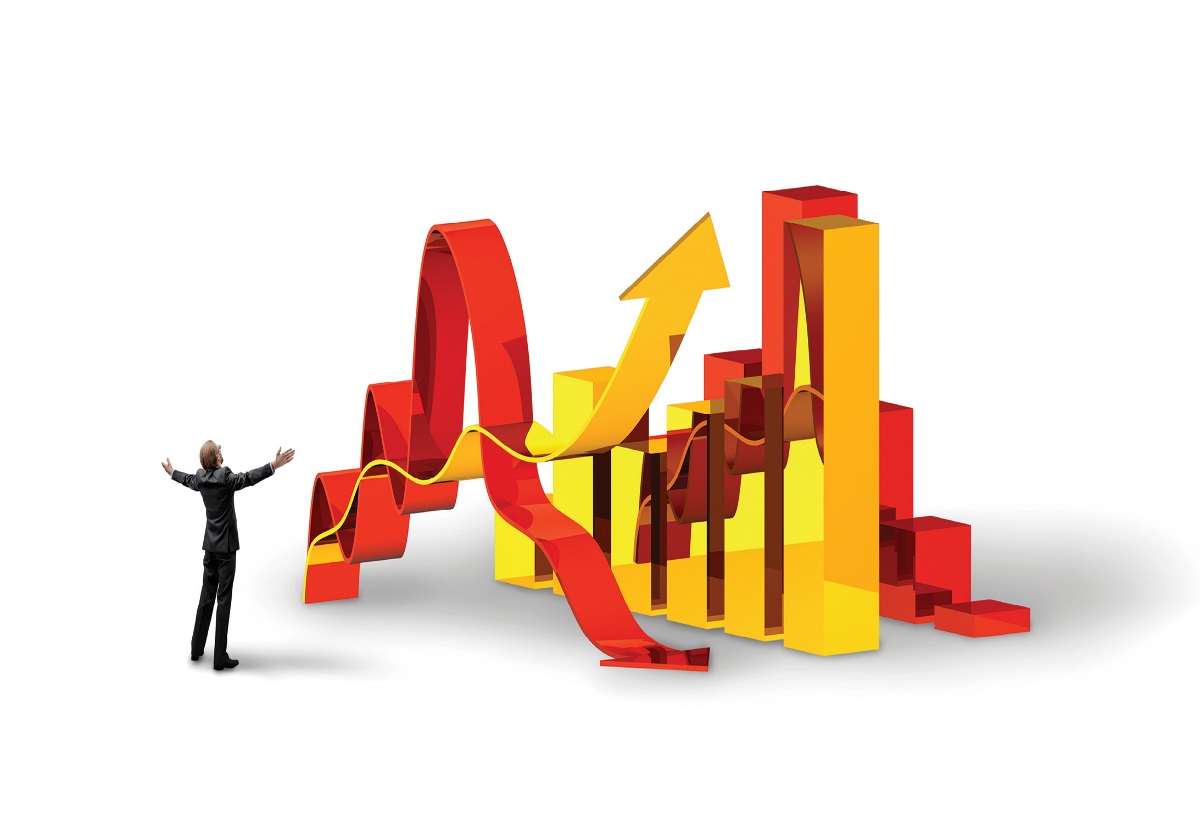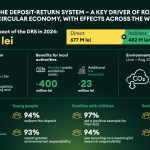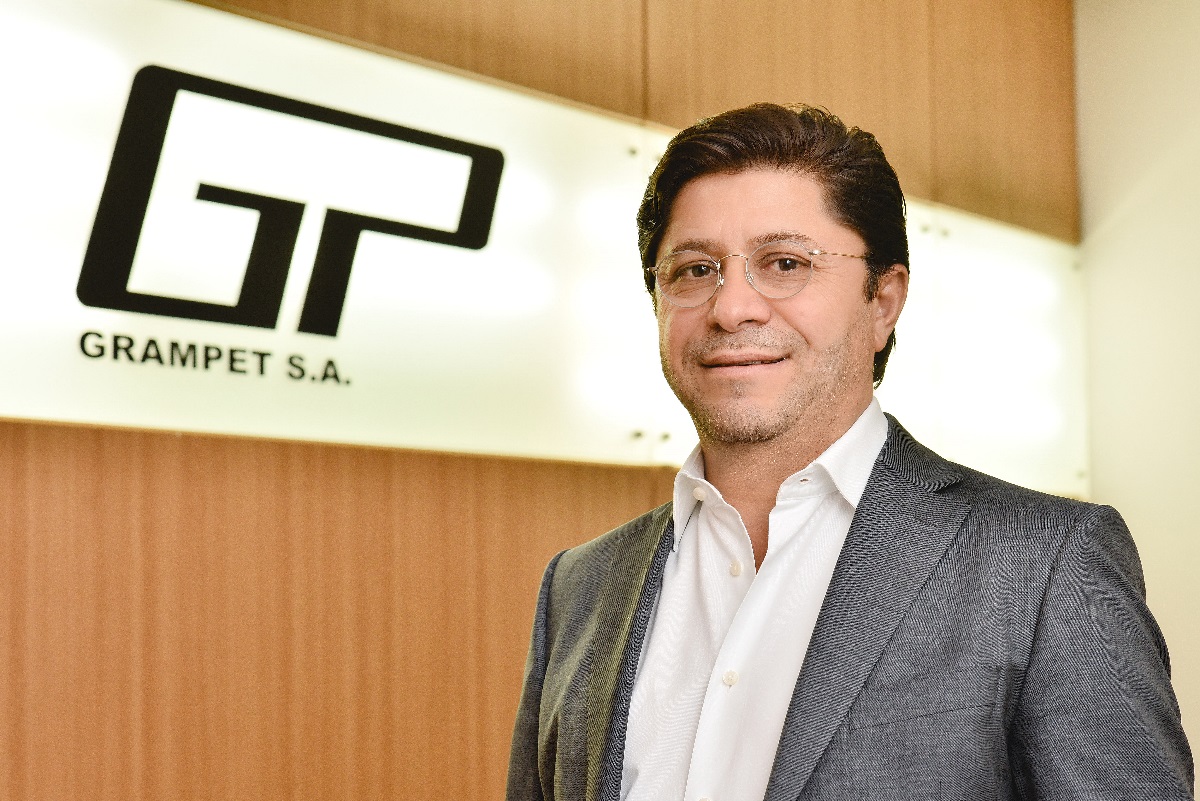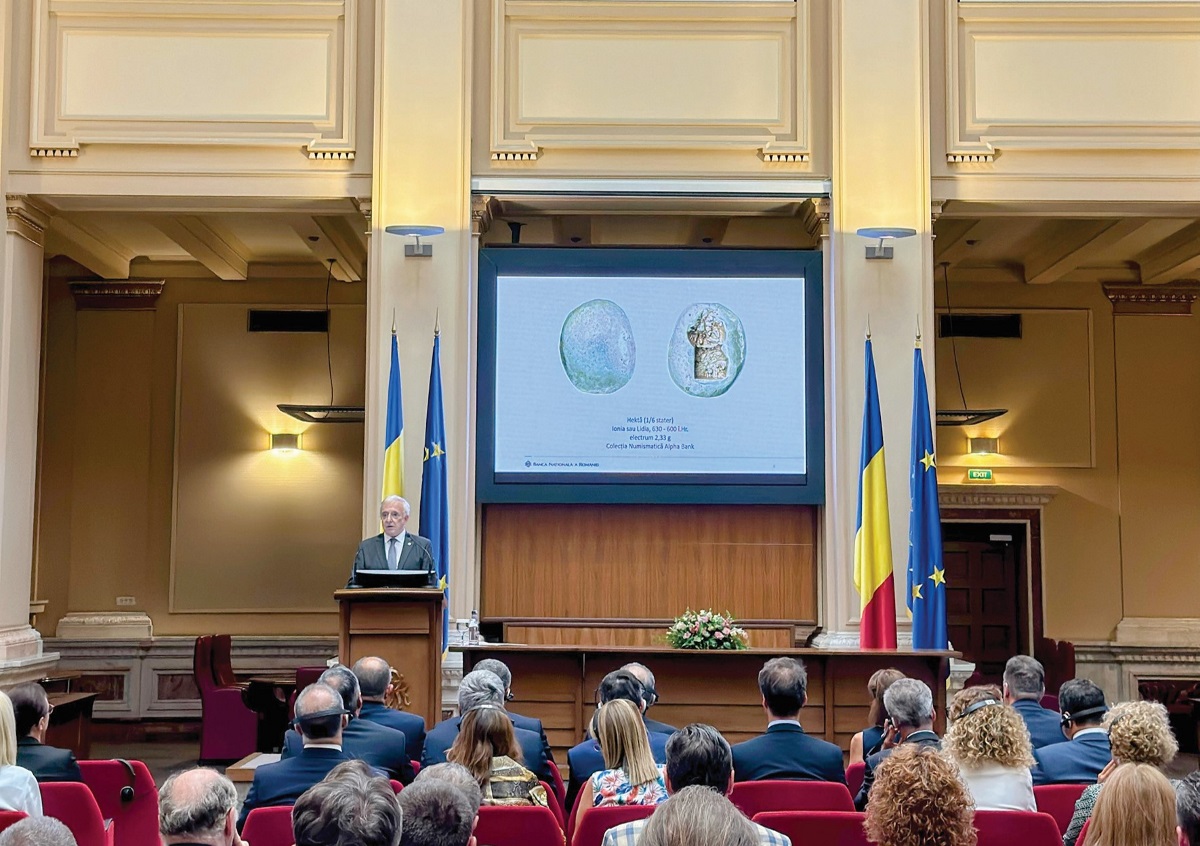
Paradigm shift in economic policies, a heresy?
Foto: tankist276/ depositphotos.com
Inflation is eating away at the economies of citizens and businesses, government debt is peaking and deficits are eroding the financial strength of states, global trade is fragmenting and consumers in many economies are finding it harder to find their preferred products, while investments often turn sour or even become worthless. We are living through an era of deep uncertainty and increased fragility in which the economy is showing signs of looking for policy models that do not seem to come out of the classical textbooks. And for many “classics”, the paradigm shift seems like heresy.
It is clear that the economic damage caused by the COVID-19 pandemic will not abate any time soon. It is even clearer that Russia’s invasion of Ukraine and continuation of its war of aggression is producing long-lasting and hard-to-assess losses. It is equally clear that in the meantime, two distinct but synergistic pillars that have underpinned the construction of economic policies over the past 50 years are now subject to rethinking trends: political liberalism and economic liberalism. Daron Acemoglu, professor of economics at MIT, argues that this leads to “abandoning market fundamentalism”, while a new economic policy model must recognise the systematic distortions that can accompany the processes to which markets are subject.
Growth in the global economy will be sluggish this year, probably registering one of the lowest rates in decades. And, as World Bank chief economist Indermit Gill notes, the decline comes just as a new paradigm is emerging in economic policy around the world. In this new paradigm, there is a decline in economic freedom, while the process of globalisation of the economy is becoming incoherent, although it continues to be a main driver of development of the world economy. Governments have erected legislative and administrative barriers and encouraged through their policies this universally integrated cross-border economy that has fuelled global prosperity. Pandemic and war have caused serious distortions, national economies are collapsing, economic gaps between rich and poor are widening, and governments are scrambling to adopt protectionist policies, restricting flows of goods, capital and even manpower.
Isabella Weber, professor of economics at the University of Massachusetts Amherst, highlights another paradigm-shifting trend in economic policy. Driven by the acute price crisis, governments have adopted various forms of price controls to limit the consequences of the war on global energy markets and beyond.
The war in Ukraine has hit global trade hard, which is facing a drop in the trade volume in goods and products this year. And Gill expects this change to be anything but temporary, because “it reflects forces that have been building for years”. In addition, the economic model to date is based on the policy that “strong economic growth depends on economic freedom”; as a rule, the greater the economic freedom, the higher the standard of living. But since the pandemic, the world has no longer reached a global consensus on economic freedom, and the paradigm shift seems to be embraced by more and more experts. But a shift that to others seems like heresy.
Daniel Apostol
Share
Share















